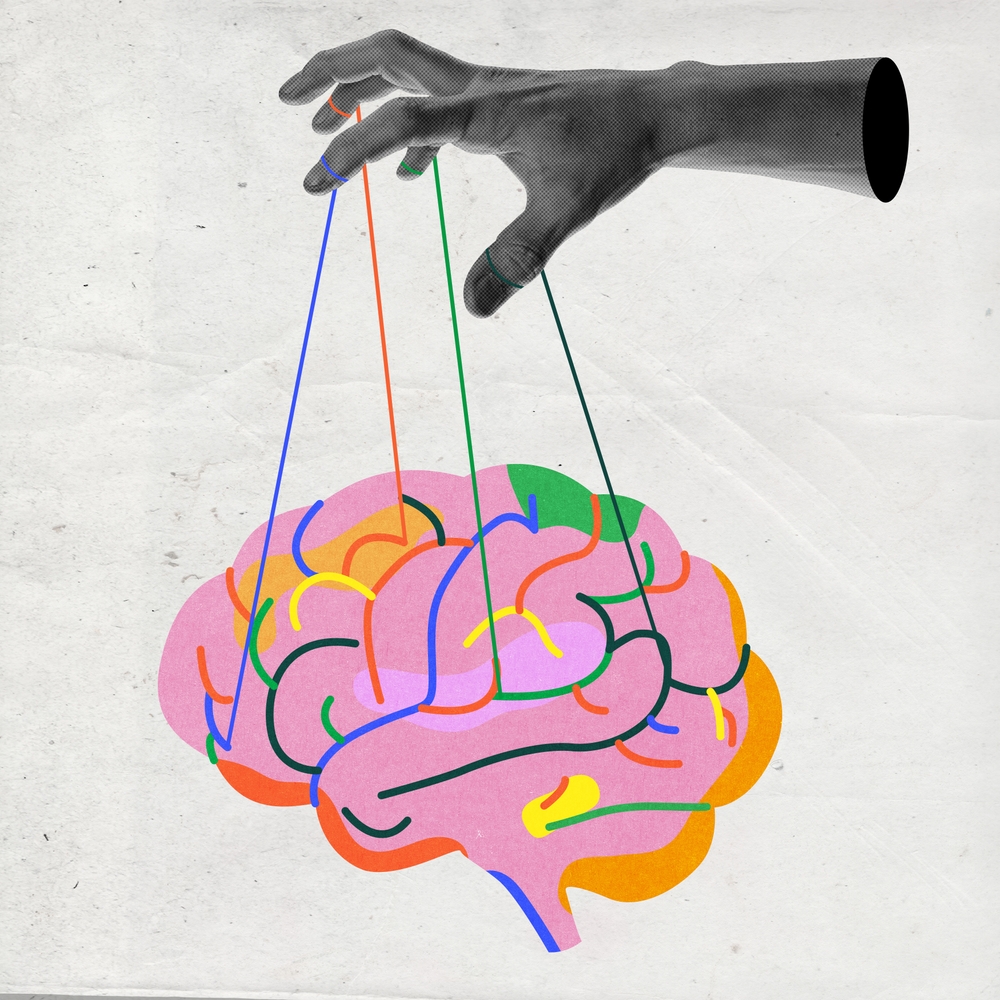According to a 2015 report by The National Endowment for the Arts, children who participate in music education programs are more likely to achieve higher academic performance, develop social and emotional skills, and demonstrate positive attitudes toward school.
Listed below are some tips for sparking children's passion for music:
- Expose them to music:Play a wide range of music for children, from classical to pop to world music. Take them to concerts and performances and encourage them to explore different styles and genres.
- Make music a part of everyday life: Sing songs, have music played during meals and car rides, and dance to music together as a family. This can help children develop a love for music and make it a natural part of their everyday routine.
- Encourage them to explore instruments: Provide children with opportunities to try different instruments, whether it is through music lessons or simply by trying out instruments at home or in music stores. Let them choose the instruments that they are interested in and keep them motivated to learn.
- Provide a supportive environment:Encourage children to practice, make mistakes and provide them with positive feedback and support. Celebrate their progress and achievements, no matter how small.
- Foster creativity: Encourage children to write their own songs, experiment with different sounds, and express themselves through music. This can help them develop their own unique musical voice and spark a passion for music.
The key to sparking children’s passion for music is to expose them to a wide range of musical experiences and provide them with opportunities to explore and develop their musical interests and talents in a fun and supportive environment.

Technology and music
Encouraging the use of technology in music can make it more engaging and appealing for children. There are numerous apps and online games available that can teach children about music theory, composition, and performance. When adults can demonstrate their own appreciation of the love of music, and intentionally incorporate it into their lives, they are able to inspire children to explore their own musical journeys. Participating in a band or orchestra can help children develop school skills and foster a sense of community and belonging.
A 2019 study by The University of British Columbia revealed that children who received music training had better cognitive abilities, including memory retention and attention. These findings highlight the significant benefits of music education and its positive impact on children’s academic, social, and emotional development. By providing children with opportunities to explore and cultivate their musical interests and talents, parents and educators can ignite a lifelong passion for music and enhance children’s overall growth and development.









